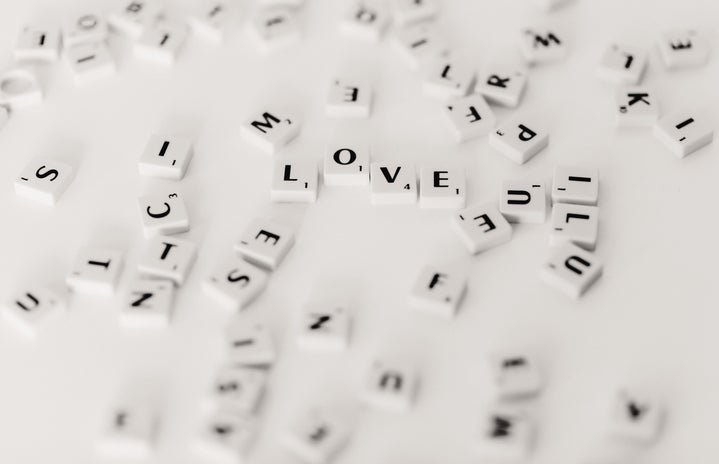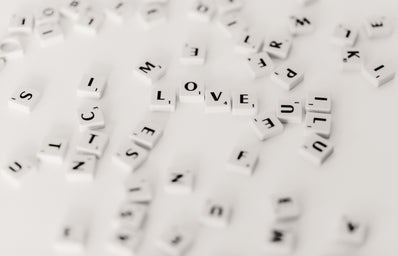Emotional abuse is tricky because it can be pretty hard to spot. Due to its insidious, invisible nature, you could be in an emotionally abusive relationship and not even notice yourself; in fact, it could become your distorted normal. But emotional abuse is still domestic abuse, however difficult it is to spot.
What is emotional abuse?
Emotional abuse can be defined as as any act which diminishes your sense of identity, dignity and self-worth, through manipulation, fear, guilt (among other things). Often, it involves some form of control as well. Despite not being physical, the dynamics of both forms are very similar and can be equally as detrimental.
How can I spot it?
It’s hard to know if you’re being emotionally abused as it can be so subtle – you might be aware of some of the signs, like withholding affection and name-calling, but many of the repetitive signals of emotional abuse can be hard to see.
Spotting the signs is the key to getting out of something that can potentially traumatise you quite deeply.
1.
When everyone is complimenting you and you’re feeling on top form, the one person who is supposed to be celebrating you is more interested in tearing you down. Perhaps you bought a cute new skirt you want to show off; an abusive partner would convince you that it looks terrible and you shouldn’t.
2.
The first point brings me on to my second. If we go back to that cute new skirt that makes your legs look fantastic, an abusive partner may also flat out refuse to let you wear it in a bid to control you. Maybe they think it’ll make you more attractive to others and they can’t control their jealousy (which is another trait of an emotional abuser). Either way, they’ll probably convince you this level of control is necessary because they love you; it’s not.
3.
A supportive partner will encourage you to pursue your dreams and achieve your full potential. They celebrate with you when opportunities come your way and support you, even if they might not necessarily agree with what you want. An abusive partner would do the opposite – rather than celebrating your achievements, they will often belittle them. They might feel threatened if you start achieving more than them, and it would not be surprising if they try to dissuade you from accepting opportunities which come your way.
4.
Abusers are paranoid. Having your other half asking for your Facebook password or checking your texts and making accusations based on this is abuse. Using your normal privacy boundaries against you can also be a sign of emotional abuse.
5.
Denying facts, making you doubt your memory and question your sanity is another sneaky trick abusers use. If you ever feel like you try to communicate an honest problem to your partner, and finish that conversation feeling like you were the one in the wrong for even thinking it was a problem in the first place then it might be a gaslight tactic to pull the wool over your eyes.
6.
If someone blames you for everything that goes on in their life, it’s probably a sign of emotional abuse.
7.
In some extreme cases, an emotional abuser might outright forbid you from seeing certain friends. The alienation can be more subtle though, and can happen slowly and without you even realising. This again gives an abuser more control, as you have a diminished support system.
While this is by no means a comprehensive list, these are some signs you can look for if you suspect you might be in an emotionally abusive relationship. If you find yourself in one, there are organisations which can provide you with support. These include:
www.relate.org.uk – live chat with a counsellor
Women’s Aid (0808 2000 247) – 24-hour helpline
The Mens Advice Line (0808 801 0327) – advice on domestic abuse and violence against men.
Edited By Niamh Perry

